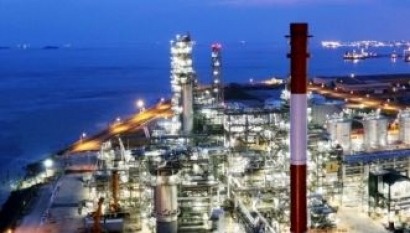
IH2 technology is a continuous catalytic thermo-chemical process which converts a broad range of forestry/agricultural residues and municipal wastes directly into renewable hydrocarbon transportation fuels and/or blend stocks.
The technology was developed by US-based Gas Technology Institute in 2009 and is being further developed in collaboration with CRI Catalyst Company, Shell’s Catalyst business.
Shell India will build, operate and own the demonstration scale IH2 plant, while CRI will supply the proprietary catalysts for the unit.
The basic engineering package for the plant will be provided by Zeton, Inc. of Ontario, Canada.
As the IH2 technology converts a wide range of residual biomass, the facility in Bangalore will be designed to allow for variation in feedstock.
Highly relevant commercial feedstocks, such as residual woody biomass and select agricultural and municipal residues, will be within the intended feed scope, the company said in a written release.
Hydrocarbons produced from the IH2 technology using lignocellulosic biomass feed meet the American Society for Testing and Materials specifications for road transport fuels, positioned for the US market as an E10 gasoline fully renewable product and as a 100 percent fully renewable on-road diesel.
Testing of the neat kerosene (R100) cut indicates that the material meet specifications for global jet fuel specifications for Jet A-1/JP8 for those properties tested to date. Ongoing research indicates a high probability to achieve European Union (EN) specification fuels, the company said.
For additional information:

